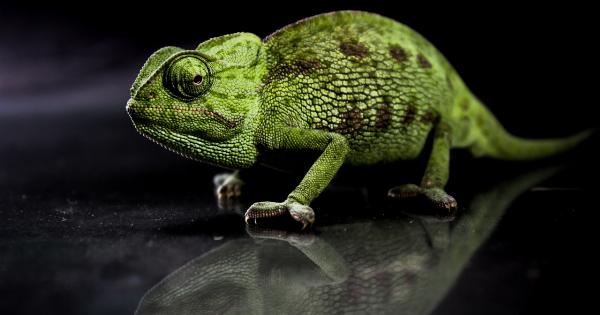Green tea has been known for its therapeutic properties for centuries. Its benefits include being anti-aging, anti-inflammatory, and cancer preventing.
However, recent studies have shown that green tea consumption can also cause some side effects that are often overlooked.
1. Insomnia
Green tea contains caffeine, which stimulates the central nervous system. This means that consuming green tea can cause you to be more awake and alert.
While this can be a positive benefit in the morning, consuming green tea later in the day can make it difficult to fall asleep at night. If you experience difficulty sleeping, try to consume green tea in the morning or early afternoon.
2. Stomach Upset
Green tea contains tannins which can irritate the stomach lining. This can lead to stomach upset, nausea, or even vomiting in some cases. If you experience stomach discomfort after drinking green tea, try to consume it with food or in smaller amounts.
3. Iron Deficiency
Green tea contains catechins, which are antioxidants that are believed to have numerous health benefits. However, these same catechins can reduce the body’s ability to absorb iron from food.
If you are iron deficient, consuming excessive amounts of green tea, particularly on an empty stomach, can worsen your condition. Consult with your doctor if you are iron deficient and a heavy green tea drinker.
4. Headaches
Drinking green tea on an empty stomach or consuming excessive amounts can cause headaches due to the caffeine content. If you are prone to headaches, try to consume green tea with food or in moderation.
5. Interference with Medications
Green tea can interfere with certain medications, particularly those used for blood thinning. If you are taking any medications, speak with your doctor before consuming green tea regularly.
6. Heartburn
The catechins in green tea can relax the esophageal sphincter, which can allow stomach acid to flow back into the esophagus. This can cause heartburn and acid reflux.
If you experience these symptoms, try to avoid consuming green tea on an empty stomach or in large amounts.
7. Dehydration
While green tea is a great way to stay hydrated, consuming too much can lead to dehydration. This is because green tea is a natural diuretic.
It can cause increased urination, which can lead to dehydration if you are not drinking enough fluids to compensate.
8. Anxiety and Jitters
The caffeine content in green tea can cause anxiety and jitters in some people. If you experience these symptoms, try to consume green tea in moderation or switch to a caffeine-free version.
9. Increased Blood Pressure
The caffeine in green tea can cause a temporary increase in blood pressure. If you are already prone to high blood pressure or have cardiovascular disease, consult with your doctor before consuming green tea regularly.
10. Allergic Reactions
In rare cases, people can be allergic to green tea. Symptoms of an allergic reaction can include hives, itching, and swelling of the face, lips, tongue, or throat. If you experience any of these symptoms after consuming green tea, seek medical attention.
Conclusion
While green tea has numerous health benefits, it is important to be aware of its potential side effects. If you experience any of the symptoms listed above, try to consume green tea in moderation or speak with your doctor.
Remember, moderation is key when it comes to consuming green tea for optimal health benefits.































